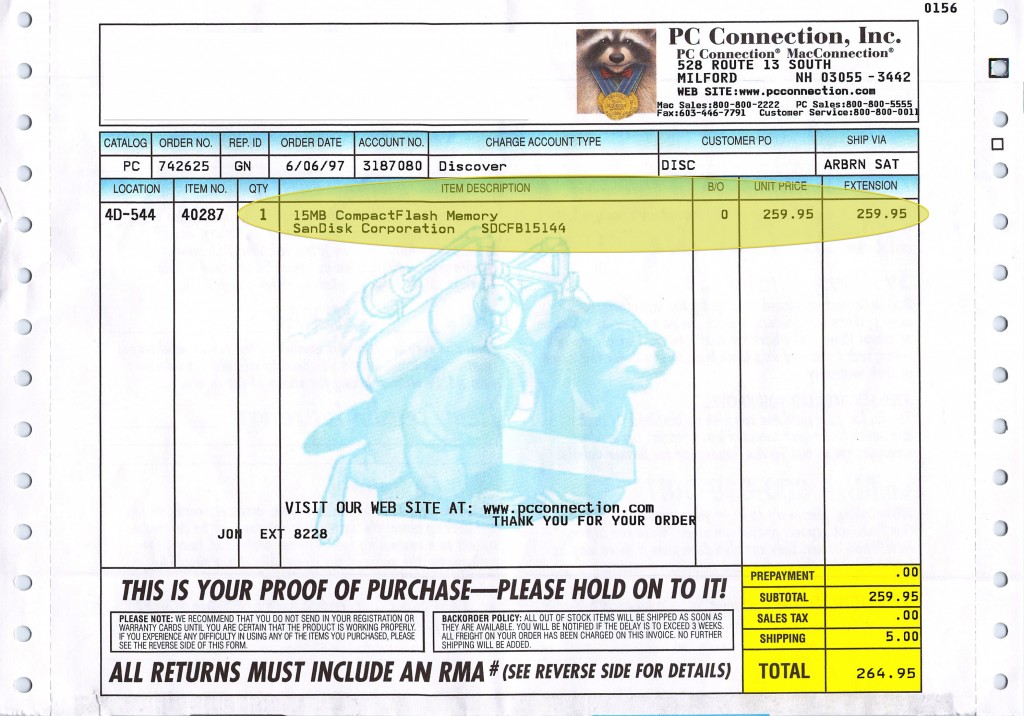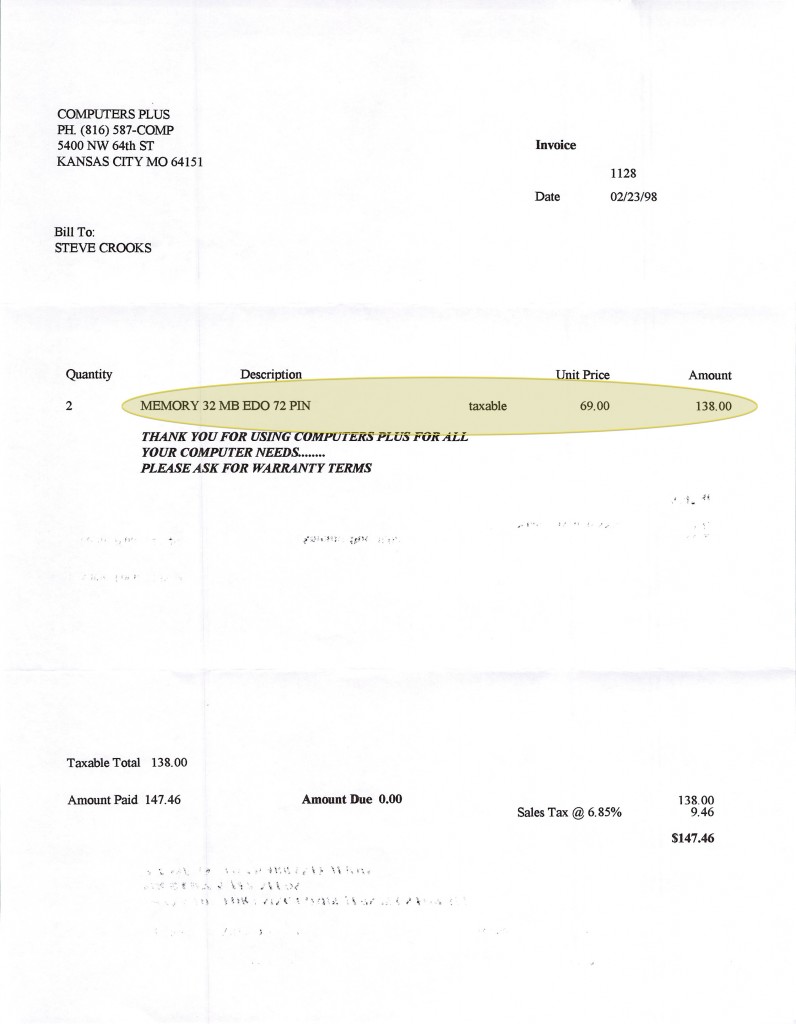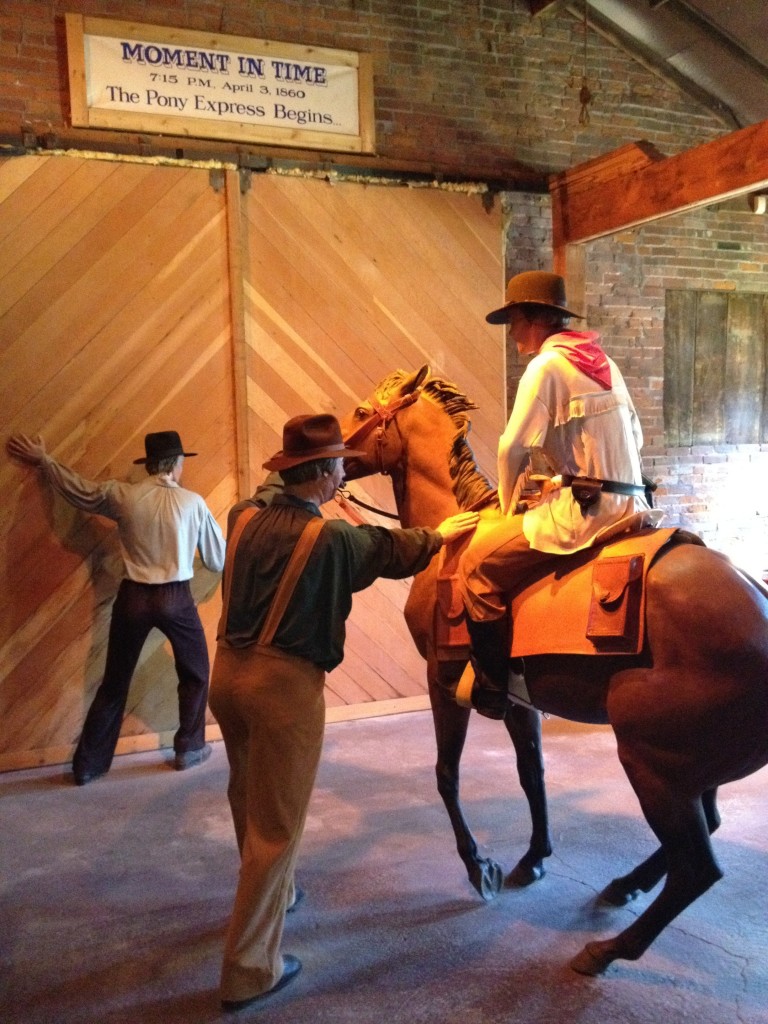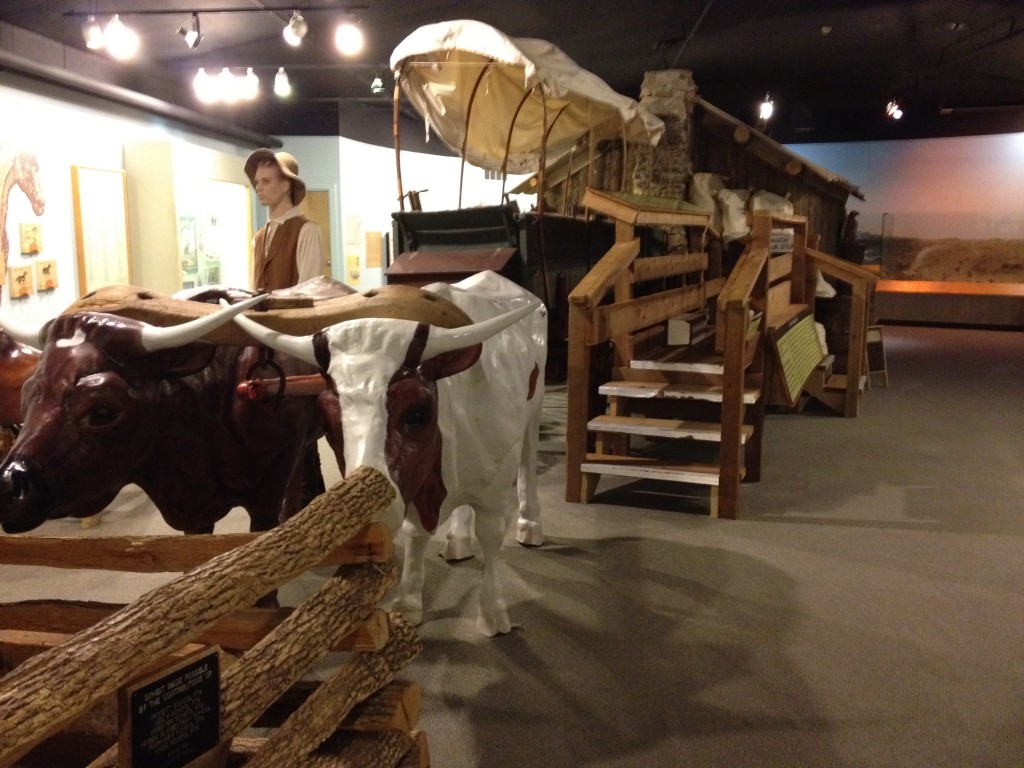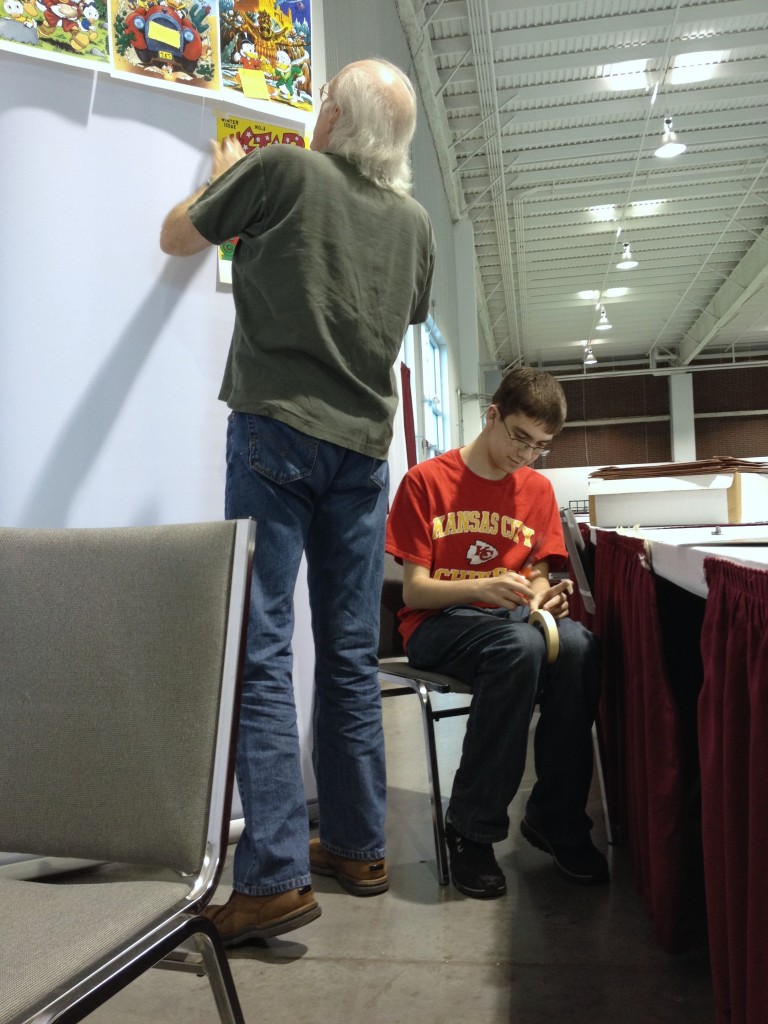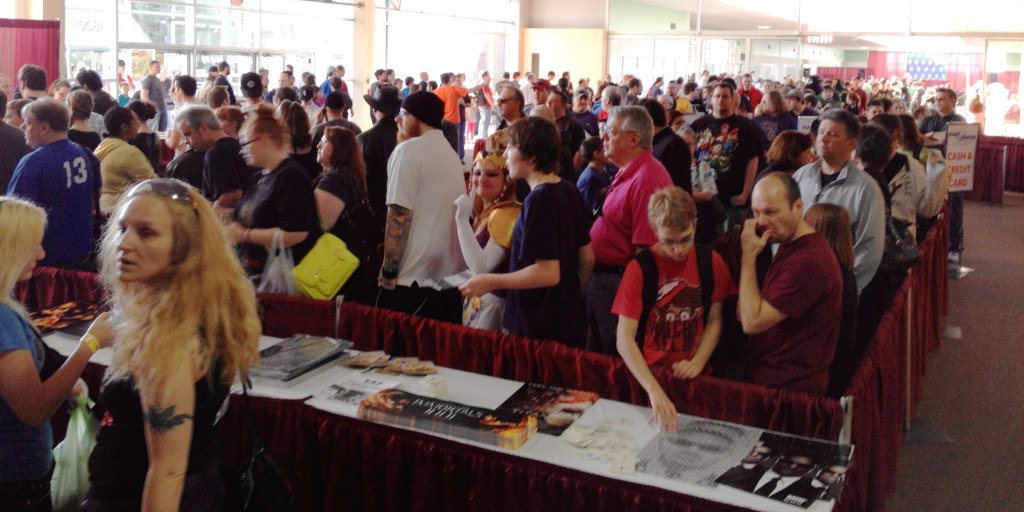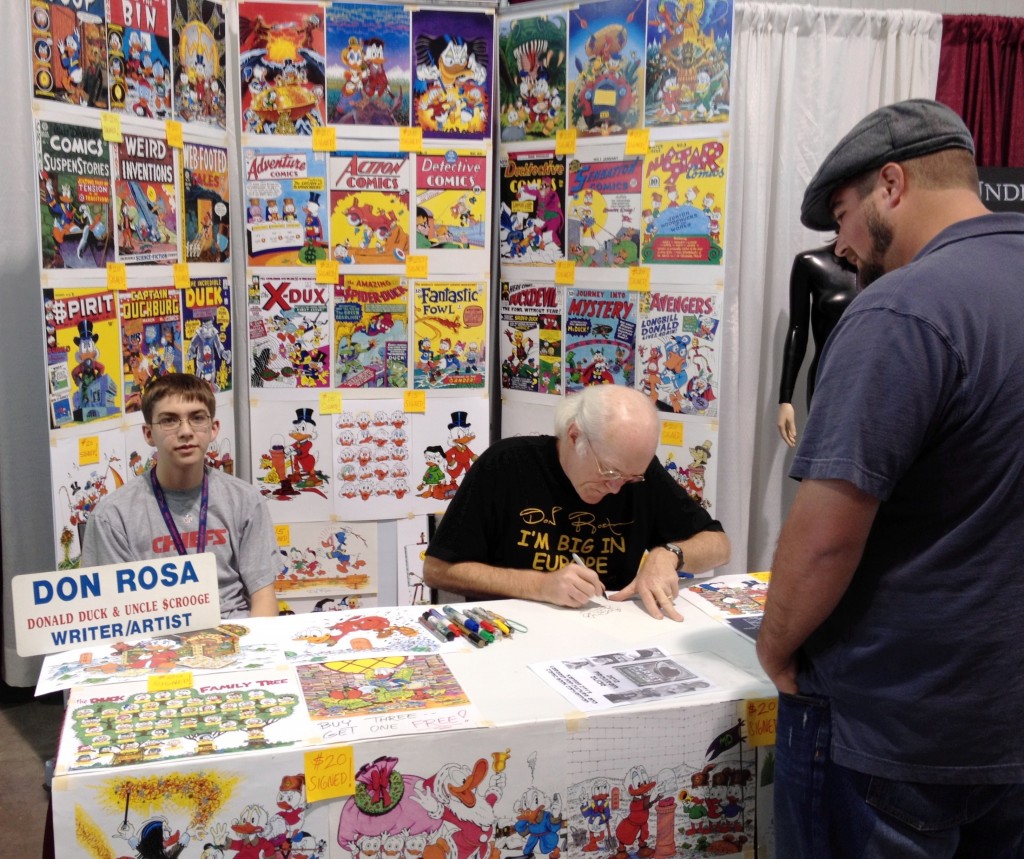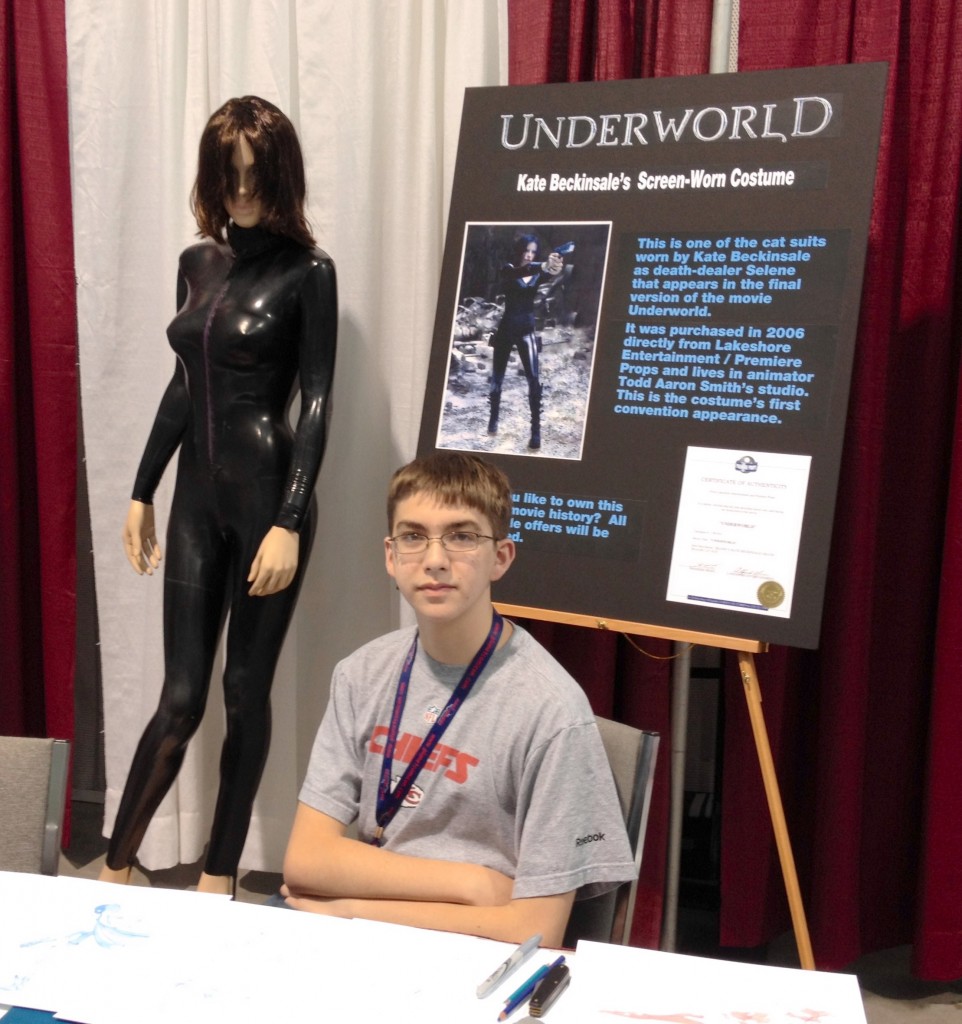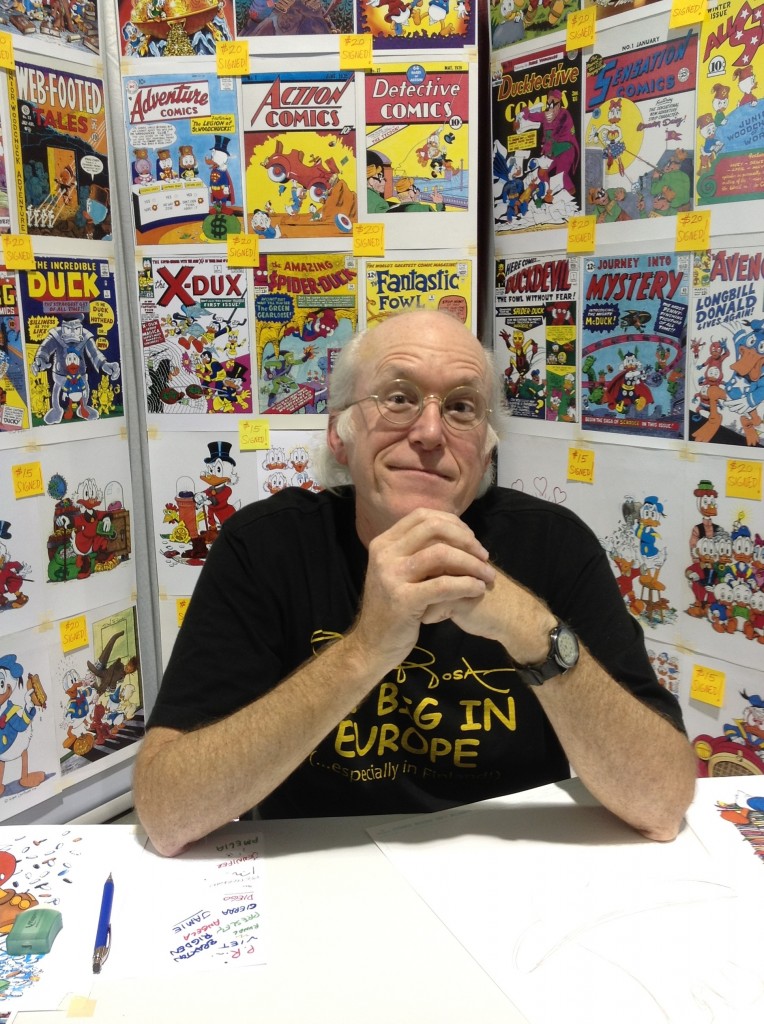Health care in America is a huge topic right now. There are many opinions, but most people fall very squarely on one of two sides: either the government gets heavily involved, or it doesn’t. I suspect very few people know the full details about any of the legislation that’s in play. I know I certainly haven’t read any of the official documents. Most people are emotionally attached to one belief or another, almost universally along our two-party lines. There’s a lot of misinformation and propaganda all over the place, with people saying they’re against this or that, or for it, without really knowing what that really means.
I’m not an expert in this either. I’m not writing this to set anyone straight or convince anyone that this or that is the One Right Path. Instead, what I see is that few people really think through what health care encompasses, and what some of these social decisions really mean.
I’m asking questions that I think everyone should ask themselves. Think about them. Decide what you really think about these things. Then go look at the legislation regardless of the party that backs it and see how it aligns with what your answers are. When I personally do this I find that there really isn’t any complete health care answer, nor does there even seem to even be a good one. I believe this is because there’s too much fighting over meaningless political sides, and not enough thought being given to how we might really answer these questions.
It all comes down to cost. That’s not going to get any better. It’s surely only going to get worse. We humans seem to be extremely good at coming up with miraculous ways to deal with health issues, and those solutions continually get more expensive and more complex. Insurance costs are not really the issue. Even if we eliminated insurance completely, medical costs will still continue to go up. We live long lives, and they’re getting longer. We are getting better and better at understanding diseases and coming up with complex (expensive) treatments. Health care is a growing money sink.
There’s one main question that drives everything: Who should have access to the health care they need?
It’s a tricky question. There is a vast difference in cost for different ailments. A simple nasal infection costs much less to treat than a heart transplant.
Everyone should get all the health care they need.
How do we pay for that? Saying “taxes” is not really a valid answer. It’s too abstract. If you really mean, “Each person in the country should put a percentage of their income into a pot to pay for it”, then say that. What percentage? A fixed amount? How much? Does everyone pay into the pot? What about the people who don’t have money for the pot? What if someone decides they don’t want to put money in the pot? Keep in mind that this will be extremely expensive if you are going to pay for all health care. Charity donations are not going to come close to covering the costs. It’s going to be a crapload of money, and the costs are just going to keep going up. If it cost 50% of your income to ensure that everyone could be treated for every ailment, would you want to pay it? How about 80%? 95%? Don’t try to say “it’ll never cost that much.” If you go down this path there is conceivably no end in sight. We’ll keep inventing amazing machines and drugs that prolong life, or cure the rarest of diseases, or test for as yet unknown problems—all at increasingly great expense. We already have the means to keep some people alive in an incapacitated state for long periods of time, but at great expense. If that’s what they or their family wants, then it’s got to be paid for if all health care is available. Maybe everyone having all their health needs met is what you feel is morally correct. If so, you have to remember there is no magic available to pay for it and it’s going to be increasingly very, very costly. Be sure you are willing to personally pay that price.
People should simply get the health care they can personally afford.
Very few people can afford any possible treatment they might possibly need at some point in their life. A denial of health care because of a personal lack of means leads to a large percentage of our population living in misery with medical problems they can’t afford to fix, with many of them dying due to those medical problems. Charity doesn’t even come close to covering the gap, so it’s not fair to fall back on that. If you are 100% against spending even a penny on other people’s health care needs, then you need to be honest and say that you don’t morally have a problem letting people suffer and die that you could potentially help. This is not a new idea: this is the way things are today to some degree. Many people die because they can’t pay for the necessary transplant, or live in misery because they can’t afford the drugs that would help them. Charity doesn’t cover all needs, and as costs continue to rise they will cover even less. If we cut off all government aid right now (Medicaid and Medicare, for example), there would be much misery and death among many Americans. If you believe in “everyone helps themselves,” then remember that applies to you and your family also.
We all pay some into a pot to help with some amount of health care costs.
(I suspect this is where most people fall, it’s just a question of how big the pots should be, and who manages the pots.) We do this today with Medicare and Medicaid, as well as with our private insurance programs. It’s an inefficient system, we don’t come close to covering all the health care needs of everyone, and not everyone even has access to one of these pots. But many do get at least a portion of health care that they couldn’t afford on their own. So to think about this path, throw out today’s system and just think of it as, “I pay some percentage of money toward general health care”. If this is completely repugnant to you, then make sure you are okay with the discussion in the previous paragraph. Having a pot of limited money causes us to have to answer many very hard questions. Who doesn’t get health care when they need it? Do we simply let the person who needs an artificial heart die because we can’t give him that big a portion of the pot? Do we tell the 4-year-old who needs $60,000 worth of treatment every year to stay alive that life is rough, but there’s not enough in the pot for you? How should that pot should be divided? Remember, it will not cover all needs, period. It probably won’t even cover most needs. People will need to be denied things. You don’t get to say charity will cover the excess, because they won’t and don’t. There’s nowhere near enough charity to pay for all the health care that people can’t afford. Charity is also not magic money, it comes out of someone’s pocket, so we can consider it to be one of these pots. Do you get to decide how much to put into the pot, and how does that affect your health care coverage? Should everyone be forced to pay into a pot to begin with? What if they choose not to? Do we let them suffer and die with no health care if it comes to that? There will also certainly be people who can’t afford to put anything into a pot. Do those people automatically become attached to a pot others paid into? (Otherwise we are back in the previous paragraph.) So how do we decide when someone gets denied health care? Should it be based on their contribution to a pot? Should a committee come up with a big document that tries to cover all possible outcomes? Should ruling bodies be formed to rule on each question as it comes up, much like our court system? (Note that these decisions are being made today by insurance companies, including Medicaid and Medicare.) Do not fool yourself into the happy world of everyone getting treated for everything. That’s the limitless money option we covered a couple of paragraphs above.
We each pick our pot and keep the government out of it.
If you say, “People can buy insurance if they want it, but I don’t want to pay any taxes to pay for other’s health care,” then you are really in the “People should simply get the health care they can personally afford” camp. Many people can’t afford to throw money into a pot. You might say your real problem is with giving a pot of money for general health care to the government to manage. If you want to privatize it you’re back to paying into your own pot (insurance) and many people can’t be (aren’t) in that club. We have Medicaid and Medicare now, and they aren’t sufficient to keep everyone in good health. Do you think a different government pot is going to work better? You should figure out how it’s going to match the answers you gave to the questions above. If you’re okay with the current system, then you’re basically answering with a combination of “people should get the health care they can afford” plus “I’ll let someone else decide who doesn’t get access to this big pot I’m paying into with taxes.” Take government management out of the picture, it’s secondary to deciding how you really feel about health care costs as discussed above. Answer the questions. Decide what you’re really comfortable with. Then we as a country can have real discussions about how to meet those needs, and how much or how little the government should be involved, and in what way.
